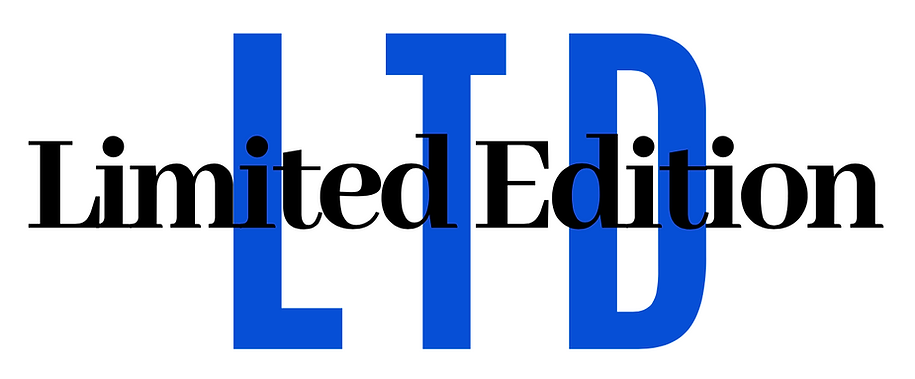Pronunciation Matters
- Sepideh Afshar
- Jun 12, 2019
- 4 min read
My name is Sepideh. It is Persian, but I have lived in Canada for the majority of my life. My whole upbringing, I have dealt with instances familiar to anybody with a unique name: correcting teachers before they even try pronouncing ‘Sepideh’ because I do not want to hear their take on it and having a fake name for when I go to Starbucks. Especially since I have been dealing with these instances from a very young age, I did not realize to what extent they were affecting me socially and academically.
Embarrassment that came with unsuccessful attempts to say my name or even small details like classmates’ laughter at teachers trying to decipher the foreign word taught me to hate my name from as early as I can remember. I longed for something easy for my Canadian teachers to pronounce, a common name that could not be botched. I started to dread introducing myself because I knew that after hearing my name people would either apologize in advance for not being able to remember or that I would have to have a full conversation about it. Using a nickname was out of the question; my dad told me too many times that my name is Sepideh and people will address me as such. In school, I did not want to raise my hand because being called on by name was a nightmare. I was embarrassed constantly; I had a teacher for many years who, to this day, has never called me by my name to avoid being ashamed in front of a whole class.
I was comforted when doing research for this article to find that I was not alone in this sentiment. In the journal Race Ethnicity and Education, Rita Kohli states that research has found that teachers’ failure to pronounce students’ names properly (or at least try) can have a negative impact on their socioemotional wellbeing and worldview and even lead to students shying away from their own families and cultures. There are even initiatives that are being started such as “My Name, My Identity” that work to emphasize how disempowering it is to be misidentified. Now, don’t get me wrong-- I have never expected everybody to say my name correctly; for me it is about the effort. What matters to me is that when I correct somebody, they listen and try to improve their pronunciation. Names hold power. Denying me the chance to be addressed by mine is taking away a powerful part of who I am.
As I got older I learned to appreciate my name, a unique Persian word meaning ‘dawn.’ Travelling to Iran helped; hearing it said properly constantly helped me see its beauty. To be completely honest, there are times when all I can think about is how comparatively ugly my name can sound in an Americanized accent, but that cannot take away from it. It took a lot to be proud of my name and to build up the courage to correct people whenever they make a mistake, but others have to learn because I will not change who I am to convenience others. It is due to this long road taken to loving my name and being proud of the collection of letters that form it, seemingly perplexing to native English speakers, that I cannot accept mispronunciations of my name at important events.
At the Red Tie Assembly at the beginning of this academic year, my last name was mispronounced. While it is easier to say than my first name, it was still devastating. I know that it is probably not that big a deal to others and the mistake might seem insignificant, but as the Cult of Pedagogy website puts it, "Mutilating someone's name is a tiny act of bigotry”. I felt embarrassed walking up to get my tie and I went home upset on a day that should have been a celebration of my identity. My name (pronounced se-pea-day), as I have stated, has remained a source of embarrassment for me. I am not willing to carry this sentiment with me into my university life. It is for this reason that, before graduation, I was pleased to be asked for a run-down on the pronunciation of my name. After all, it takes only a minute to ask for clarification. Ultimately, my name was still oddly pronounced. However, the mistake was due to an accent rather than a lack of effort.
Going forward into university, I will be more clear about the importance of proper pronunciation of my name, as I was often too embarrassed to correct those around me. I’ve learned that no name is too hard or complicated to pronounce; if a person wants to learn, the effort will be made. Otherwise, you have to be your own advocate. Denying others their right to an attempt at correctly pronouncing their names is denying them agency to themselves. This a lesson I will carry with me beyond TFS.
